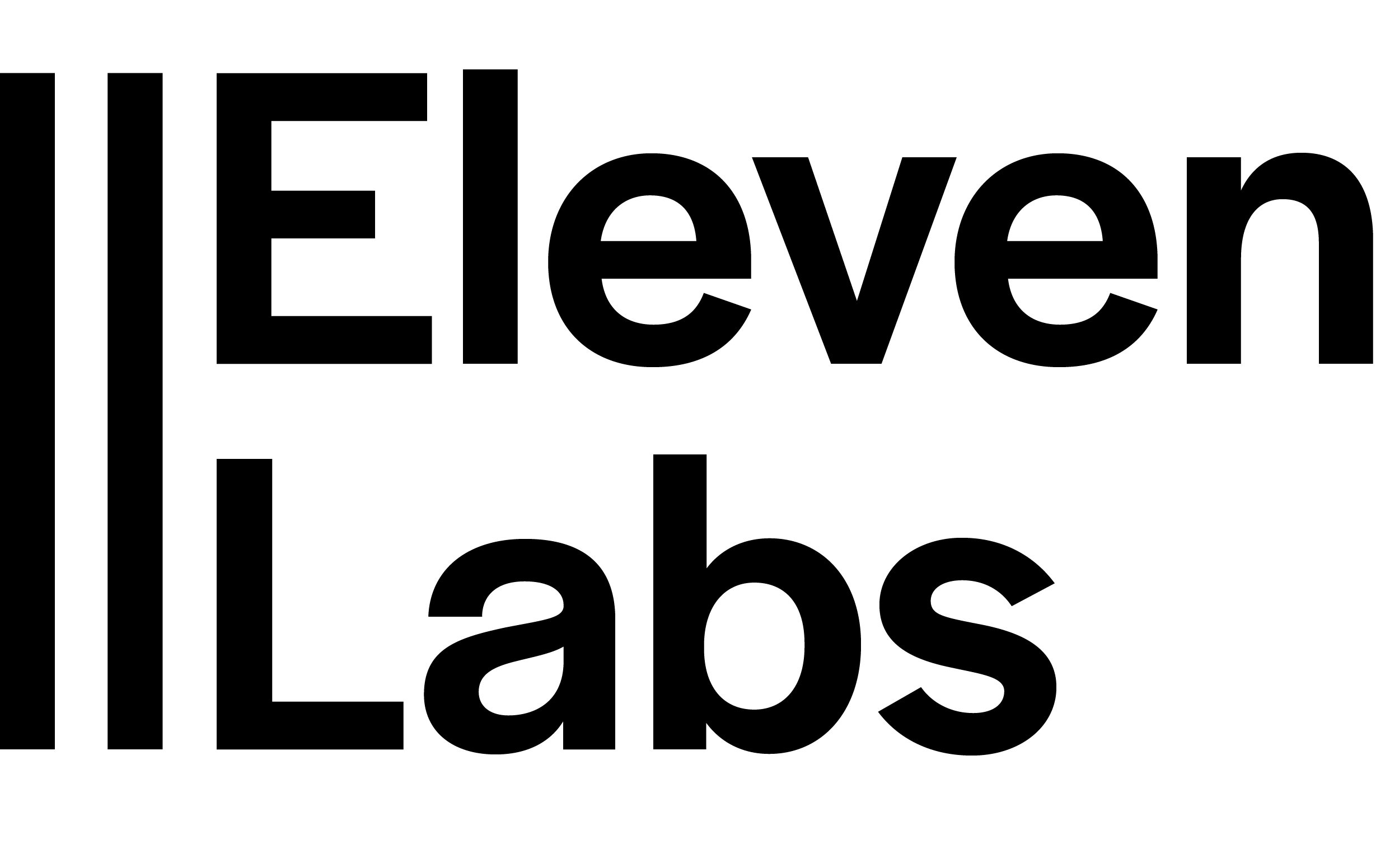Generative AI is poised to revolutionize the way we search for information. By combining Google's search technology with generative AI models, developers can create search experiences that are more helpful and intuitive than ever before.
### Key Points
* Google is giving developers access to its search technology combined with generative AI models, enabling them to create more effective search experiences.
* To remain relevant in the future, search engines must embrace AI integration.
* Generative AI can help search engines provide more comprehensive and personalized results.
## Google Search, meet AI.
Google's decision to combine its search technology with generative AI models is a significant development that has the potential to revolutionize the way we search for information. By giving developers access to these tools, Google is empowering them to create search experiences that are more helpful and intuitive than ever before.
This integration of AI into search engines is essential for their continued relevance. In today's fast-paced digital landscape, users expect search engines to provide them with the most accurate and relevant information quickly and efficiently. Generative AI can help search engines meet this demand by generating more comprehensive and personalized results.
However, it's important to acknowledge that generative AI also has limitations. While it can be incredibly useful for generating text, code, and other types of content, it's not always perfect. Generative AI systems can sometimes produce inaccurate or biased results, and they can be difficult to control.
As we move forward, it will be important to develop ethical guidelines for the use of generative AI in search engines. We need to ensure that these systems are used to benefit humanity, not to harm it.
Overall, the integration of generative AI into search engines has the potential to greatly improve the way we find information. However, it's important to be aware of the limitations of this technology and to use it responsibly.
#### Key Terms
* **Generative AI:** Generative AI refers to a type of artificial intelligence that can generate new data or content from scratch. This can include text, code, images, and even music.
* **Search engine:** A search engine is a tool that allows users to find information on the internet. Search engines work by crawling the web and indexing the content of websites.
* **AI integration:** AI integration refers to the process of incorporating AI technology into existing systems or applications. In the case of search engines, AI integration can help to improve the accuracy and relevance of search results.
## How Google Plans to Stay Relevant
Generative AI is a rapidly developing field with the potential to revolutionize many industries, including the search industry. By giving developers access to its search technology combined with generative AI models, Google is empowering them to create search experiences that are more helpful and intuitive than ever before.
This integration of AI into search engines is essential for their continued relevance. In today's fast-paced digital landscape, users expect search engines to provide them with the most accurate and relevant information quickly and efficiently. Generative AI can help search engines meet this demand by generating more comprehensive and personalized results.
However, it's important to acknowledge that generative AI also has limitations. While it can be incredibly useful for generating text, code, and other types of content, it's not always perfect. Generative AI systems can sometimes produce inaccurate or biased results, and they can be difficult to control.
As we move forward, it will be important to develop ethical guidelines for the use of generative AI in search engines. We need to ensure that these systems are used to benefit humanity, not to harm it.
Overall, the integration of generative AI into search engines has the potential to greatly improve the way we find information. However, it's important to be aware of the limitations of this technology and to use it responsibly.
### Examples of AI Search
* **Google's Search for Jobs:** Google's Search for Jobs is a good example of how generative AI can be used to improve search results. Search for Jobs uses generative AI to generate job descriptions that are more informative and engaging. This helps users to find jobs that are a better fit for their skills and interests.
* **YouTube's Recommended Videos:** YouTube's Recommended Videos feature is another example of how generative AI can be used to personalize search results. Recommended Videos uses generative AI to generate a list of videos that are tailored to each user's individual interests. This helps users to discover new videos that they might not have otherwise found.
* **Gmail's Smart Compose:** Gmail's Smart Compose feature is an example of how generative AI can be used to make tasks more efficient. Smart Compose uses generative AI to generate email text that is grammatically correct and stylistically appropriate. This helps users to write emails more quickly and easily.
These are just a few examples of how generative AI is being used to improve search engines and other applications. As generative AI continues to develop, we can expect to see even more innovative and groundbreaking applications of this technology in the future.
The integration of generative AI into search engines has the potential to greatly improve the way we find information. Generative AI can help search engines to generate more comprehensive and personalized results, which can save users time and effort.
However, it's important to acknowledge that generative AI also has limitations. While it can be incredibly useful for generating text, code, and other types of content, it's not always perfect. Generative AI systems can sometimes produce inaccurate or biased results, and they can be difficult to control.
As we move forward, it will be important to develop ethical guidelines for the use of generative AI in search engines. We need to ensure that these systems are used to benefit humanity, not to harm it.
Overall, the integration of generative AI into search engines is a promising development with the potential to revolutionize the way we find information. However, it's important to be aware of the limitations of this technology and to use it responsibly.
## Conclusion
The integration of generative AI into search engines has the potential to greatly improve the way we find information. Generative AI can help search engines to generate more comprehensive and personalized results, which can save users time and effort.
However, it's important to acknowledge that generative AI also has limitations. While it can be incredibly useful for generating text, code, and other types of content, it's not always perfect. Generative AI systems can sometimes produce inaccurate or biased results, and they can be difficult to control.
As we move forward, it will be important to develop ethical guidelines for the use of generative AI in search engines. We need to ensure that these systems are used to benefit humanity, not to harm it.
If you are a developer, I encourage you to explore Google's search technology combined with generative AI models. You can use these tools to create search experiences that are more helpful and intuitive than ever before.
If you are a user, I encourage you to try out the latest search engines that incorporate generative AI. You may be surprised at how much easier and more efficient it is to find the information you need.

 natural ai speech synthesis
natural ai speech synthesis